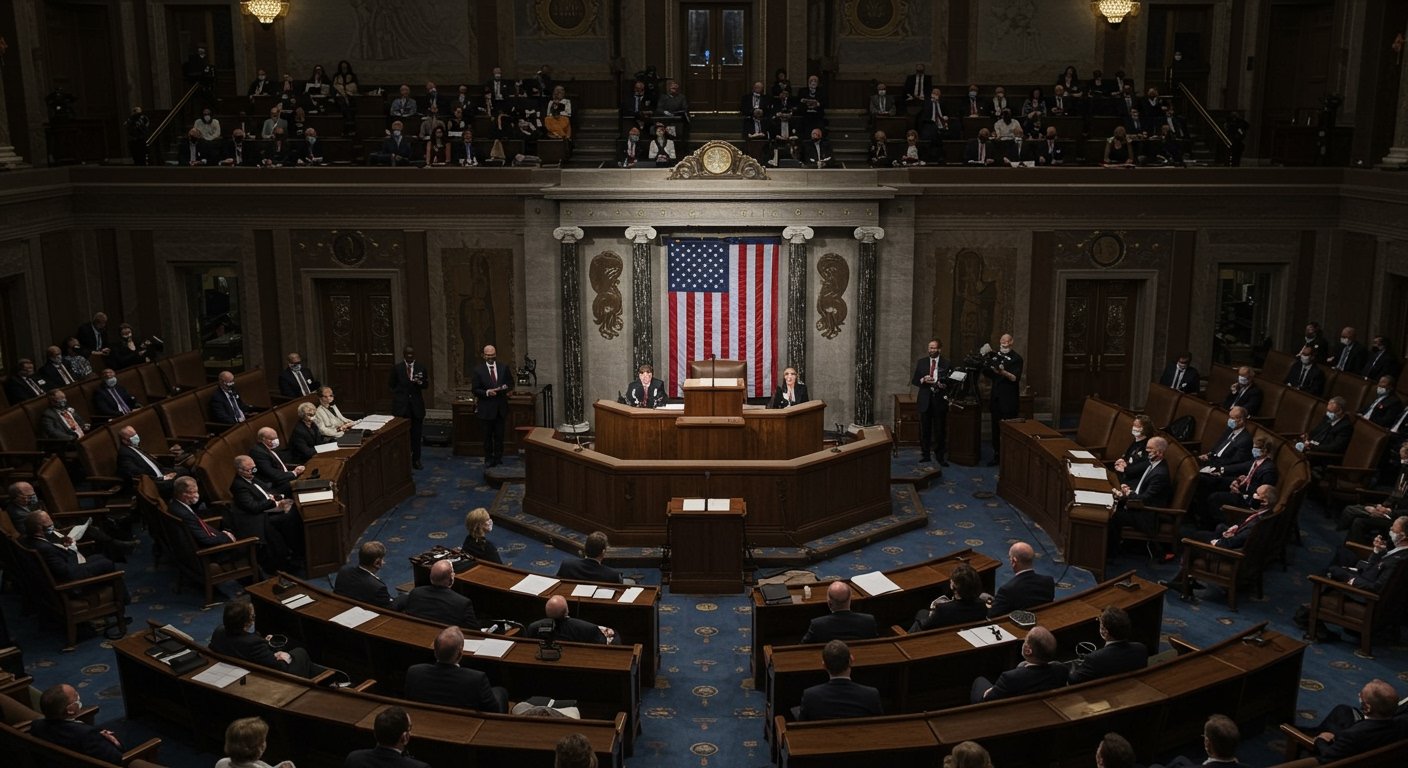June 18, 2025 – A series of dramatic events unfolded across the United States on Tuesday, highlighting intense clashes over federal spending, agency authority, and civil rights. From a federal courtroom in Boston where a judge ordered the reinstatement of over $1 billion in research grants, to contentious budget negotiations on Capitol Hill, and a high-profile arrest by immigration authorities in New York City, the day underscored deep divisions within the nation’s political landscape.
Court Orders Reinstatement of NIH Grants
In a significant legal challenge to Trump administration policies, U.S. District Judge William Young in Boston delivered a scathing ruling, ordering the administration to restore more than $1 billion in grants to the National Institutes of Health (NIH) that had previously been cut. Judge Young, who was appointed to the bench by President Reagan, found that the cuts were part of a White House initiative reportedly designed to cease funding for research associated with diversity, equity, inclusion (DEI), or gender ideology.
The ruling explicitly stated that the administration’s actions constituted “racial discrimination and discrimination against America’s LGBTQ community.” Speaking from the bench, Judge Young, reflecting on his extensive career, remarked that he had “never seen government racial discrimination like this” in his 40 years on the bench. The decision is expected to have immediate implications for numerous research projects and institutions that lost funding under the contested initiative.
Capitol Hill Debates Deep Medicaid Cuts
Simultaneously, on Capitol Hill, contentious debates over federal spending intensified as Senate Republicans actively promoted significant reductions to Medicaid funding. Their proposals also included the introduction of stricter work requirements for individuals receiving Medicaid benefits, a move opposed by Democrats and healthcare advocates who argue it would severely limit access to essential medical care for vulnerable populations.
Senate Democratic leader Chuck Schumer voiced strong opposition to the Republican plan, cautioning that the proposed cuts would be more severe than similar measures already passed by the House of Representatives. The debate over Medicaid funding is a central point of contention in ongoing negotiations surrounding the federal budget, reflecting differing philosophies on the role of government in providing social safety nets.
NYC City Controller Arrested by ICE
In New York City, Tuesday, June 18, saw a remarkable incident involving federal immigration authorities. ICE agents arrested City Controller Brad Lander at an immigration courthouse in lower Manhattan. Mr. Lander, who is currently running for mayor of New York City, was accompanying an individual targeted by agents when the arrest occurred. According to reports, Mr. Lander was handcuffed and detained after demanding to see a judicial warrant for the individual’s arrest.
The arrest drew swift and sharp condemnation from various political figures. New York State Assemblyman Zahan Mandani described the action as “fascism,” while former Governor Andrew Cuomo characterized it as the “extreme thuggery of Trump’s ICE out of control.” The incident highlighted tensions between federal immigration enforcement and local officials, particularly in sanctuary cities.
Adding to the accounts of confrontation, California Democratic Senator Alex Padilla also recounted being physically confronted by federal agents on Tuesday. Details surrounding the encounter were not immediately fully clear, but the report underscored a broader pattern of heightened interactions and potential friction between federal law enforcement and public figures.
Broader Implications
The confluence of these events on June 18, 2025 – a federal judge challenging executive actions on grant funding and discrimination, Congress grappling with significant social program cuts, and federal agents detaining a prominent local official – painted a picture of a government experiencing significant internal and external pressures. The day’s developments touched upon fundamental issues of judicial oversight, legislative priorities, executive power, and the enforcement of federal law, setting the stage for further legal battles and political conflict in the weeks and months ahead.











